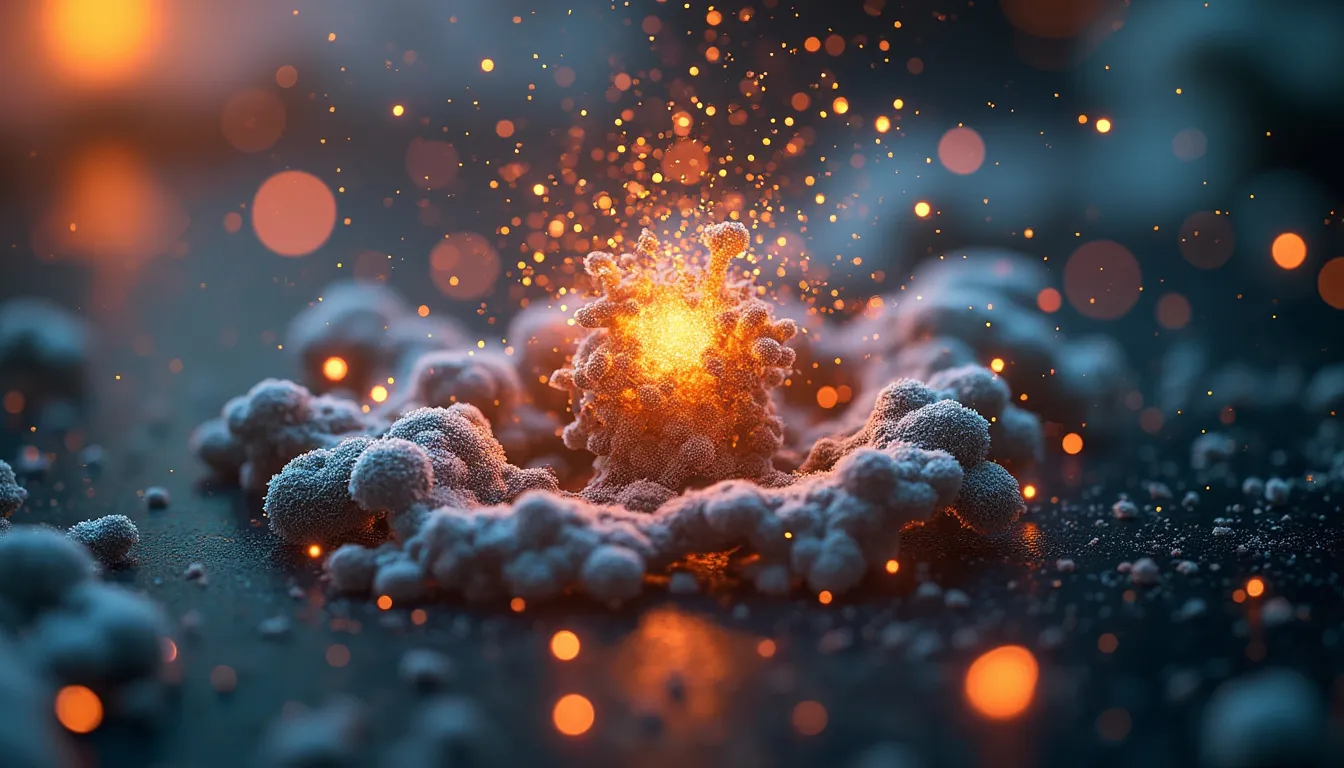The 2024 Nobel Prize announcements have marked a historic moment in the recognition of artificial intelligence (AI) as a transformative force in various scientific fields. Two Nobel Prizes, in Physics and Chemistry, have been awarded to researchers who have significantly advanced the development and application of AI technologies. This new recognition reflects not only the scientific community’s acknowledgement of AI’s foundational contributions but also its potential to revolutionize various aspects of human life.
Nobel Prize in Physics: Celebrating Neural Network Pioneers
The Nobel Prize in Physics was awarded to John J. Hopfield from Princeton University and Geoffrey E. Hinton from the University of Toronto for their groundbreaking work on artificial neural networks. John Hopfield’s pioneering research in the 1980s into the Hopfield Network has been instrumental in demonstrating how interconnected systems of simple processing units can emulate complex behaviors akin to biological brains. By creating the basis for understanding these systems, Hopfield’s work laid the groundwork for modern machine learning techniques.
Following in Hopfield’s footsteps, Geoffrey Hinton contributed immensely by refining neural networks with innovative solutions such as backpropagation. This advancement allowed machines to learn and improve from data iteratively, making self-optimizing intelligent systems a reality. Their efforts have been pivotal in deploying machine learning across a multitude of disciplines, fundamentally altering how problems in science and daily life are addressed.
Revolutionizing Chemistry with AI: The AlphaFold Triumph
In the realm of Chemistry, the Nobel Prize recognized the contributions of Demis Hassabis and John Jumper from Google DeepMind, alongside David Baker from the University of Washington. Their AI system, AlphaFold, is renowned for its ability to predict the three-dimensional structures of proteins from their amino acid sequences with unprecedented accuracy. This breakthrough stands at the frontier of biological science, offering crucial insights into the building blocks of life, accelerating drug discovery, facilitating disease research, and advancing materials science.
Google’s strategic nurturing of innovation through the acquisition of DNNresearch and the establishment of DeepMind played an essential role in the success of initiatives like AlphaFold. This win illustrates Google’s long-term commitment to fostering foundational AI research capable of generating impactful scientific breakthroughs.
A Multidisciplinary Influence and Future Prospects
The achievements of Hopfield, Hinton, Hassabis, Jumper, and Baker showcase the interdisciplinary nature of today’s scientific advancements, as AI integrates insights from physics, biology, and chemistry to catalyze progress. Such acknowledgements signal a paradigm shift in how AI is perceived—beyond just tools for innovation, they are now seen as fundamental components of scientific discovery, comparable to the profound impacts of quantum mechanics and general relativity.
Despite these advancements, leaders such as Geoffrey Hinton have expressed concerns regarding the potential risks associated with highly capable AI systems. The idea of machines surpassing human intelligence and scenarios like the infamous paperclip maximizer experiment highlight the ethical and societal challenges that may arise.
Looking forward, these awards emphasize the necessity of continuous investment in AI research, especially in academic settings, to facilitate future innovations and ensure global competitiveness in the field. The dawning era of AI promises to reshape our world, guided by the responsible and informed exploration of its immense possibilities.




